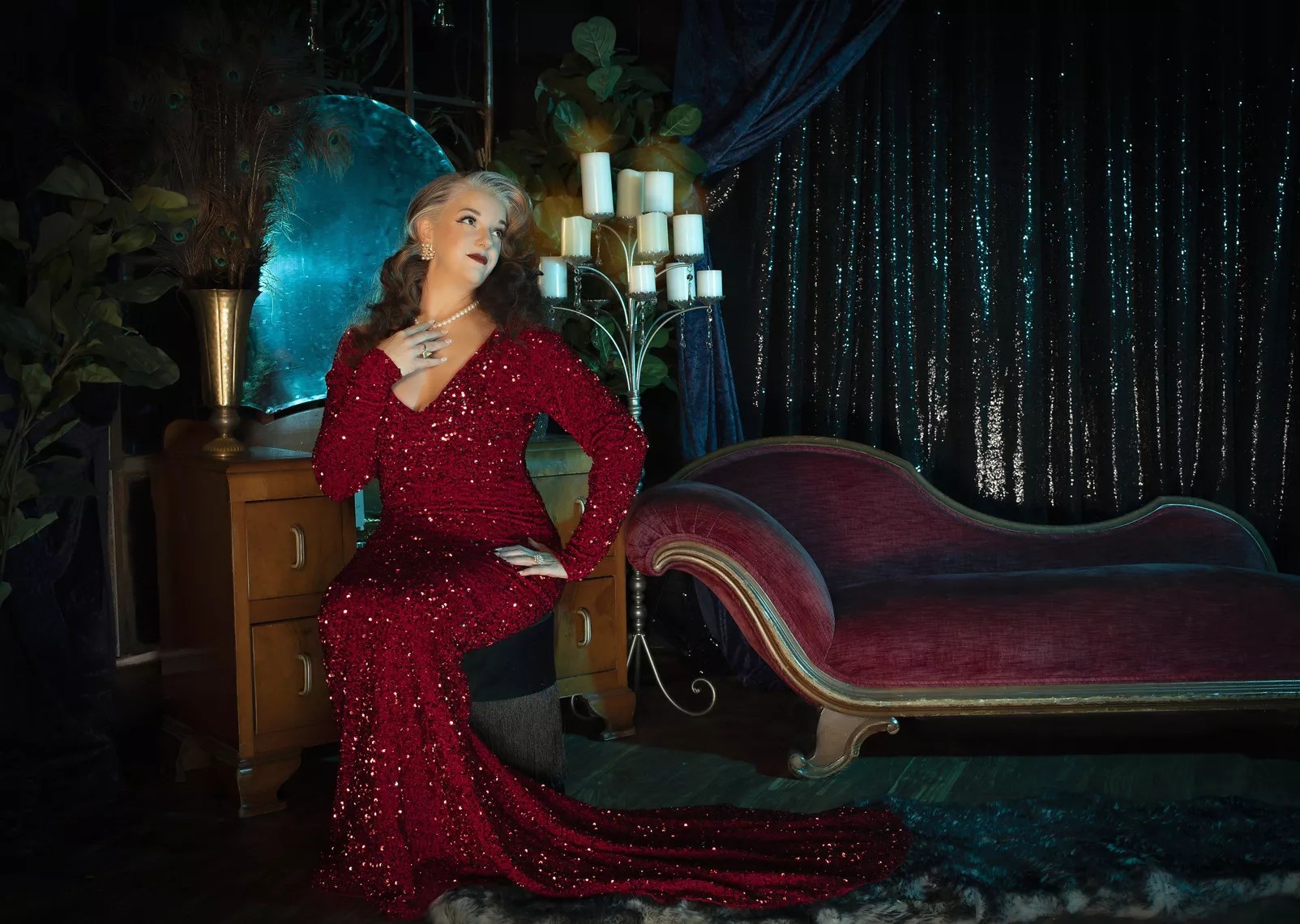
Dynamite Dames

Audio By Carbonatix
Making the leap from hobbyist to working musician takes a lot more than talent. Also needed is a certain level of business, legal and tax expertise that’s not exactly common knowledge.
Artists who are signed to a major label are more likely to have a team of people whose job it is to know all of these things, but those going the independent route have to pick up this information on their own or risk losing money and opportunities.
Or they can read The Indie Artist’s Guide to the Industry, a new book from Fort Worth’s music industry renaissance woman Callie Dee. She’s served as a concert promoter, manager, event coordinator and “hip-hop soccer mom” for over a decade.
“I’ve been trying to just figure out how to put everything that I’ve learned and know that’s useful in a box,” Dee says. “I spent 12 years doing a whole lot of stuff in the music industry. I spent a lot of money, a lot of time, a lot of sweat equity, and so just trying to figure out how to monetize that just so that I could actually stay in the music industry. To support myself and my children, and save for retirement, hopefully.”
Will you step up to support Dallas Observer this year?
We’re aiming to raise $30,000 by December 31, so we can continue covering what matters most to you. If the Dallas Observer matters to you, please take action and contribute today, so when news happens, our reporters can be there.
Since Dee’s knowledge is diverse, she initially packaged her offering as a course called Music Industry Mastery. She decided that her workshop needed an accompanying workbook. By the time she was done, the “workbook” was over 350 pages long and her book was born.
The book is specifically aimed at indie musicians because Dee believes that we live in “the age of the independent artist.”
“The book takes the approach of being an independent artist, which means doing all the distribution and merchandising yourself or with a small team,” she says. “You can make really good money as an independent artist and have more control over your intellectual property these days.”
The Indie Artist’s Guide to the Industry gets down to the brass tacks of all the non-fun things aspiring creatives don’t like thinking about, from registering songs with licensing organizations like ASCAP and BMI to how to keep up with a merchandising inventory budget while on tour.
“[Some musicians] think that they’re the next thing that’s going to pop off and everybody’s going to be rich just by helping them, right?” Dee says. “Unfortunately, it takes a while for them to realize that that’s not exactly how it happens. And I’m not sure that it’s ever really happened that way.”
The book places a lot of emphasis on merchandising, which makes up a significant chunk of artists’ revenue.
“Your fans really want to own a piece of you, whether that’s through a vinyl record or through a T-shirt,” Dee says. “Condoms are really cheap to print, and there’s something that you can, like, just give away, and, you know, people should be using them. Or lighters. Having your logo or something on a lighter that ends up going through a lot of people’s hands is, you know, a good way to kind of get your brand out there.”
Everyone’s a Brand
According to Dee, there are aspects of establishing yourself as a musician that are far simpler than business logistics, but they may not be immediately obvious to those just starting out. Even the spelling of a stage name can make a world of difference.
“If you have a name that is just so off-the-wall to spell, for whatever reason, it becomes really hard for people to find you online,” she says. “Most people, when they hear of somebody, they want to go follow them online.”
As much as music fans value authenticity, not properly curating that authenticity can be a fatal mistake.
“What does your brand stand for?” Dee asks. “What are some things that you will talk about online? What are some things that you want to not talk about online? You know, whether it’s politics or gender issues, or your relationship, do you want to? Do you want to have your relationship be public knowledge?
“We are all a brand,” she continues. “Everybody’s a brand these days. I’m a brand. You’re a brand. Everybody has a brand that they put out online.”
Dee has an impressive array of clients and collaborators, many of whom are quick to vouch for her expertise and the value of her book.
“Me and Callie have known each other for close to 10 years now through various shows and events,” says Fort Worth-based rapper 88 Killa. “I believe her book will be a great outline and starting point for an artist that may not be sure where to start when they start pursuing a career in music seriously.”
“For me, it’s everything you’d better know about brand-building for music artists,” says Abstract Rude, a Los Angeles-based rapper who has worked with Dee on Dallas events for over a decade. “Her tenure in the trenches of the music industry has provided her with helpful tools that she’s passing on to today’s aspiring artists.”
The Indie Artist’s Guide to the Industry by Callie Dee is now available to download on Red Empire Creative’s website.